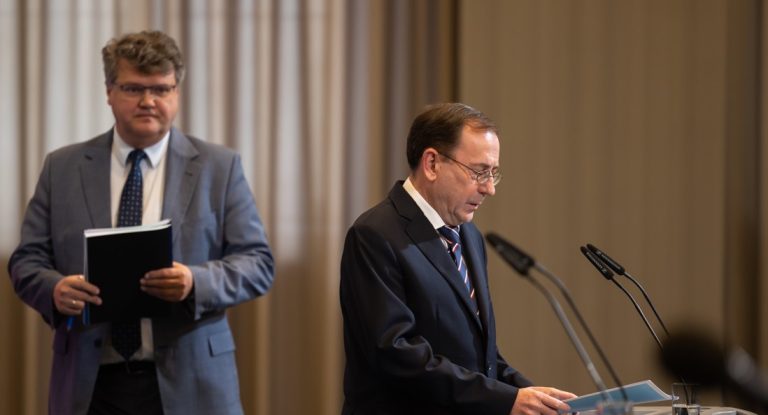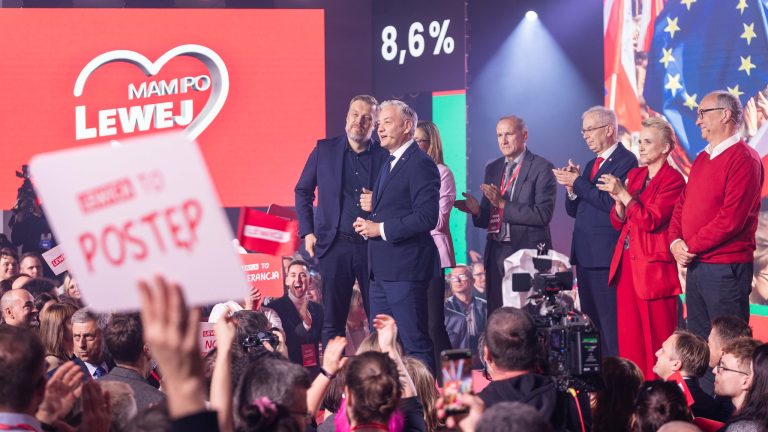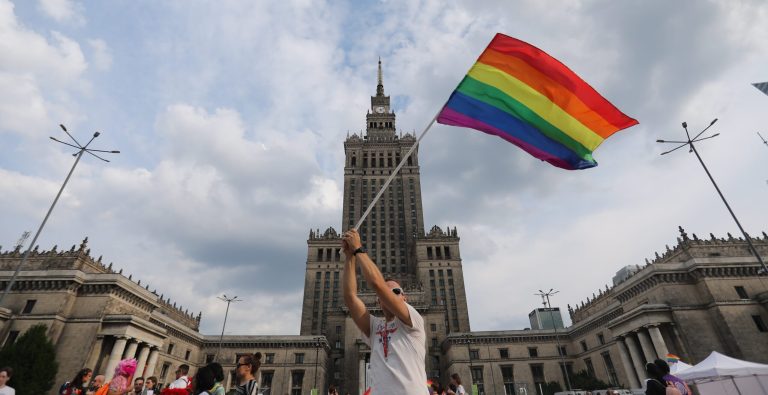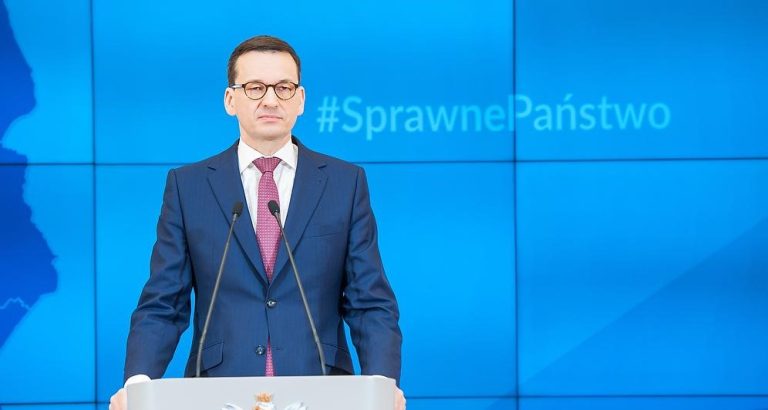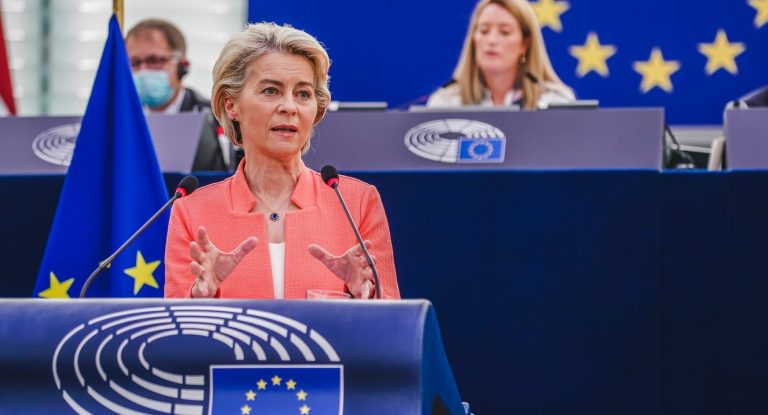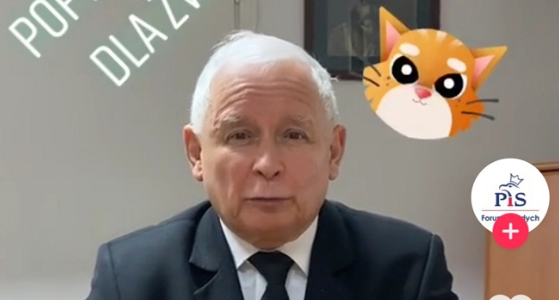UN refugee agency criticises Warsaw football fans’ banner
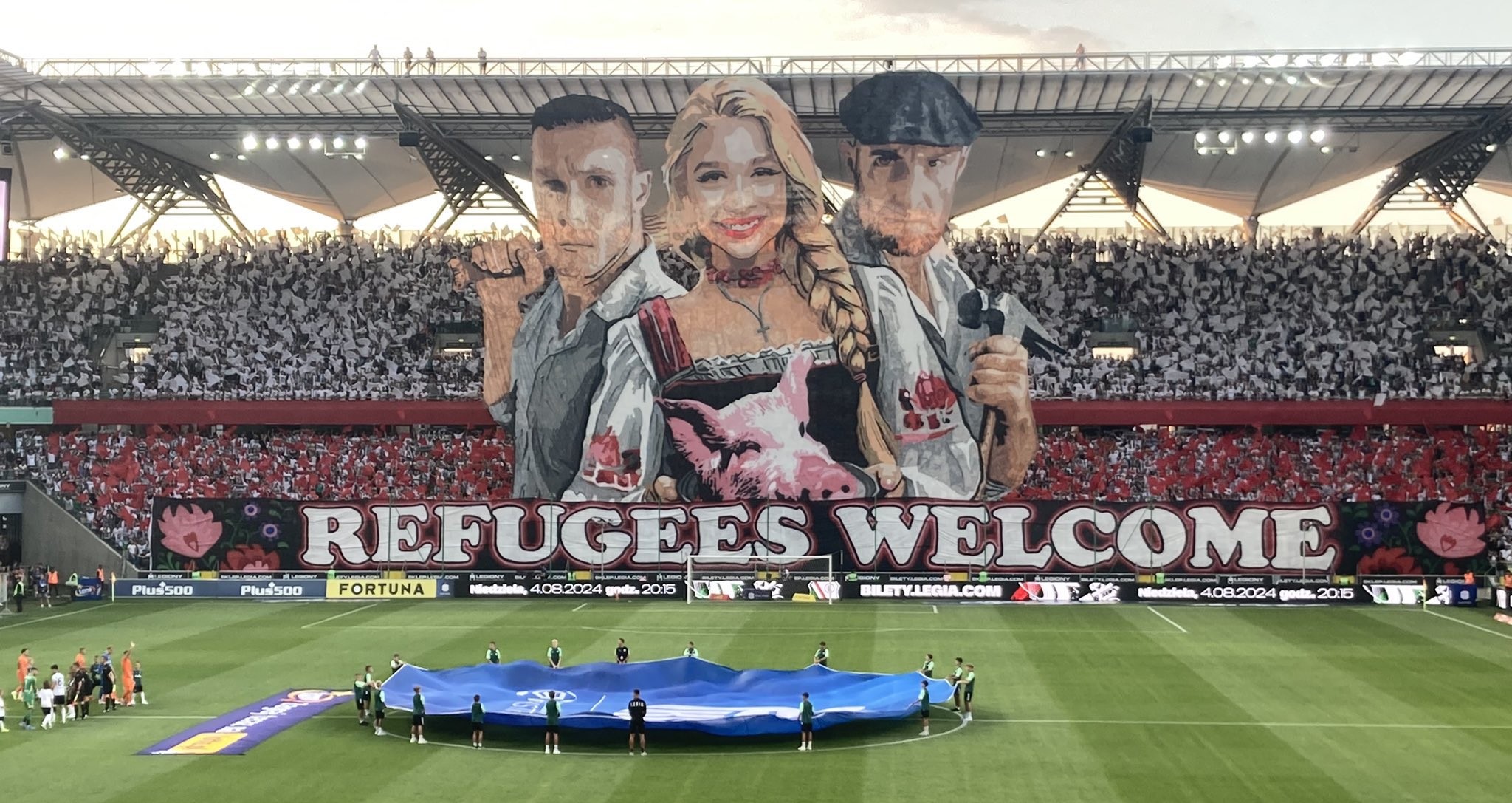
The representative of the UN’s refugee agency in Poland has criticised a controversial banner displayed by supporters of Legia Warsaw at a football match on Saturday. The club has also distanced itself from the actions of its fans and Warsaw city hall has called for action to be taken against them.
The large display sarcastically declared “Refugees Welcome” below an image of two men holding a baseball bat and a hammer alongside a crucifix-wearing woman with a pig’s head on a plate. During the match, Legia fans sung an anti-refugee chant.
„Sport should never be used to stigmatise refugees,” says UNHCR’s Kevin Allen. “In the best of sporting tradition, it represents the strength of the human spirit and overcoming challenges. The Refugee Olympic Team in Paris is a poignant example of this.” https://t.co/ZgdGkslEmV pic.twitter.com/4K2oGlrLKR
— UNHCR Polska (@UNHCRPoland) July 23, 2024
Kevin J. Allen, the representative of the United Nations High Commissioner for Refugees in Poland, was asked about the banner by the Polish Press Agency (PAP).
“I believe everyone will agree that sport should never be used to perpetuate hate speech and stigmatise refugees,” he said. “Sport, in the best traditions, represents the strength of the spirit and overcoming challenges.”
In a statement published on Monday, Legia said that “the behaviour of fans at the stadium or on social media are not the position of the club, which does everything through its actions to set a good example based on values such as respect, fair play and helping those in need”.
Sorry to interrupt your reading. The article continues below.
Notes from Poland is run by a small editorial team and published by an independent, non-profit foundation that is funded through donations from our readers. We cannot do what we do without your support.
“Legia Warsaw is a club that respects and honours a diversity of views and beliefs” and “stands in solidarity with and support of those who have been wronged”, it added, noting that the club has actively supported refugees from Ukraine. Allen also praised Poland’s support for Ukrainian refugees.
However, the Legia fans’ banner is more likely to have been a reference to the situation on the border with Belarus, where since 2021 tens of thousands of migrants and asylum seekers – mainly from the Middle East, Asia and Africa – have tried to enter Poland.
For Muslims, pigs are considered an unclean animal and eating them is forbidden.
A court has found that Poland’s border guard violated the law when sending two Afghan and Ethiopian men back to Belarus after they injured themselves crossing the anti-migrant border fence.
One of them had made clear his wish to claim asylum in Poland https://t.co/42yOuGEgns
— Notes from Poland 🇵🇱 (@notesfrompoland) July 18, 2024
A spokeswoman for Warsaw city hall, Monika Beuth, also criticised the banner, as well as one displayed at the weekend by fans of another club, Polonia Warsaw, that declared the stadium an “LGBT-free zone”.
“We do not accept any manifestations of hate speech, intolerance; such slogans are unacceptable,” she told the Gazeta Wyborcza daily. “The [city’s] agreements with the clubs provide for consequences for such behaviour of fans, the city will contact both clubs, expecting a decisive response.”
Meanwhile, a spokesman for the Ekstraklasa, Poland’s top-flight football division in which Legia play, said that the league is gathering evidence about the banners and will discuss them at a meeting on Wednesday.
However, the Legia banner has won praise from far-right figures in Poland and abroad, including Ewa Zajączkowska-Hernik, a Polish member of the European Parliament, who shared an image of it along with a heart emoji.
Droga Polonia Warszawa @polonia1911, jakiś komentarz? pic.twitter.com/7w96anlT5m
— Dawid Dobrogowski (@dobrogowski_) July 19, 2024
Main image credit: Hooligans.cz/X

Agata Pyka is an assistant editor at Notes from Poland. She is a journalist and a political communication student at the University of Amsterdam. She specialises in Polish and European politics as well as investigative journalism and has previously written for Euractiv and The European Correspondent.

